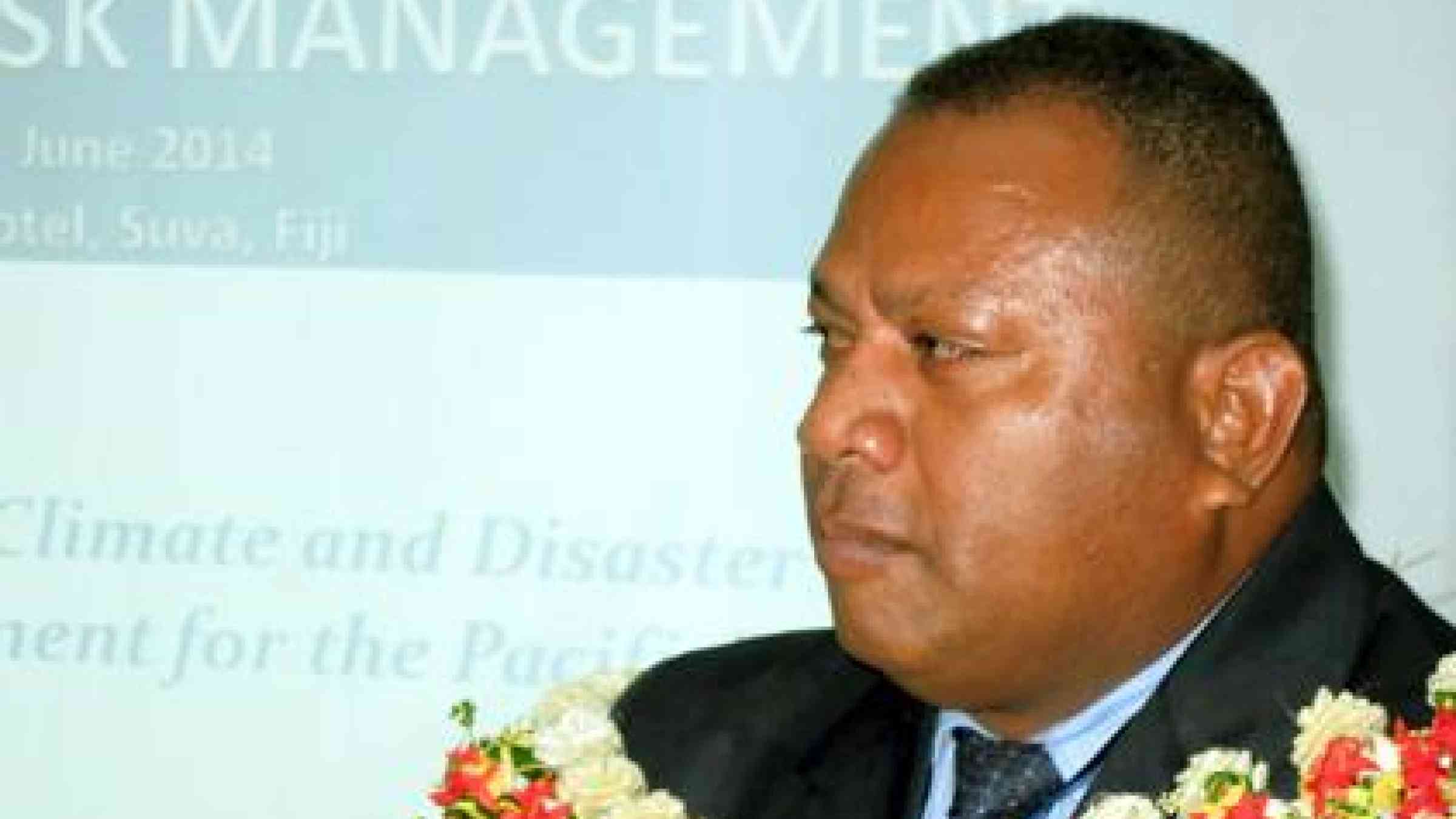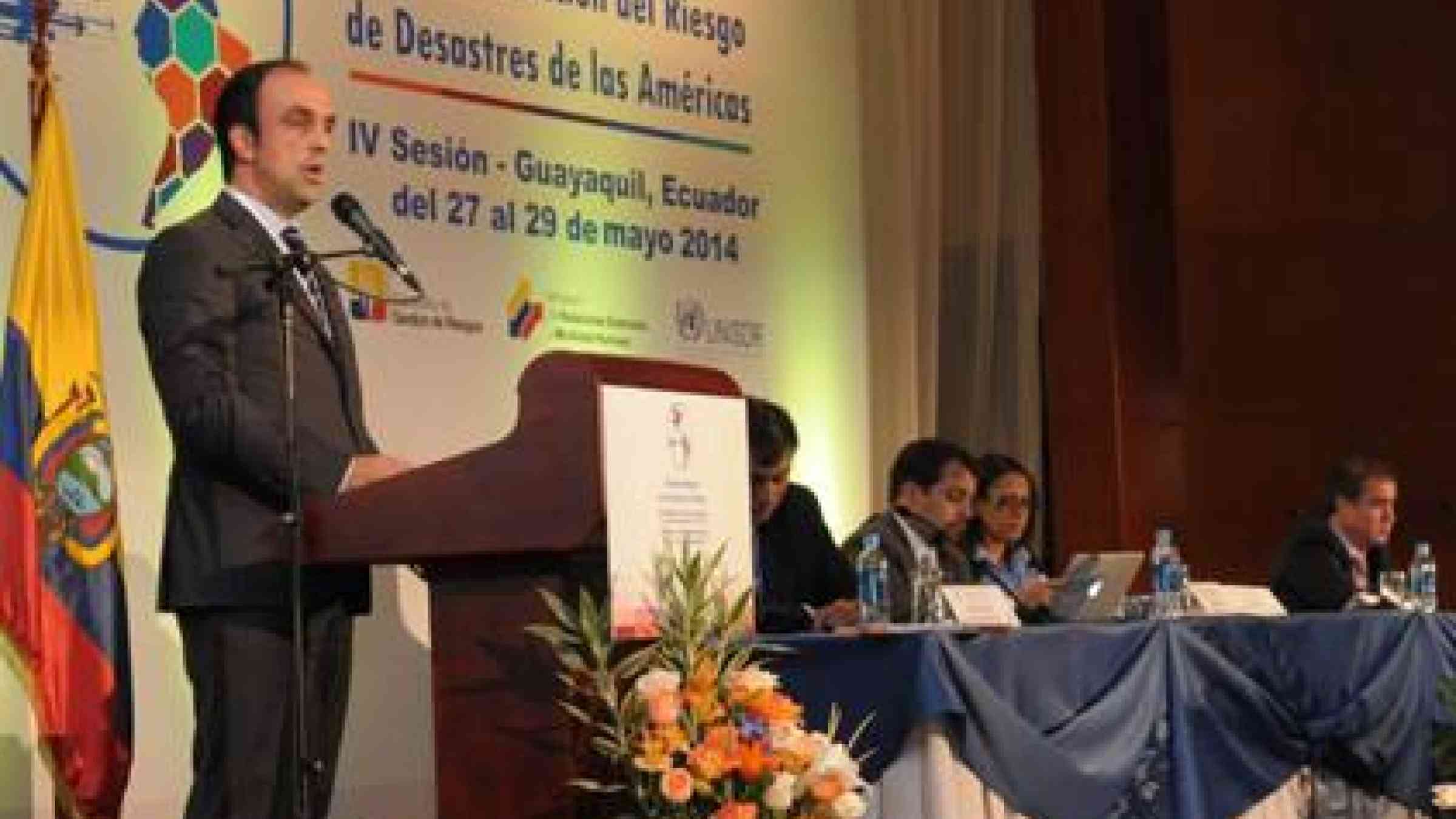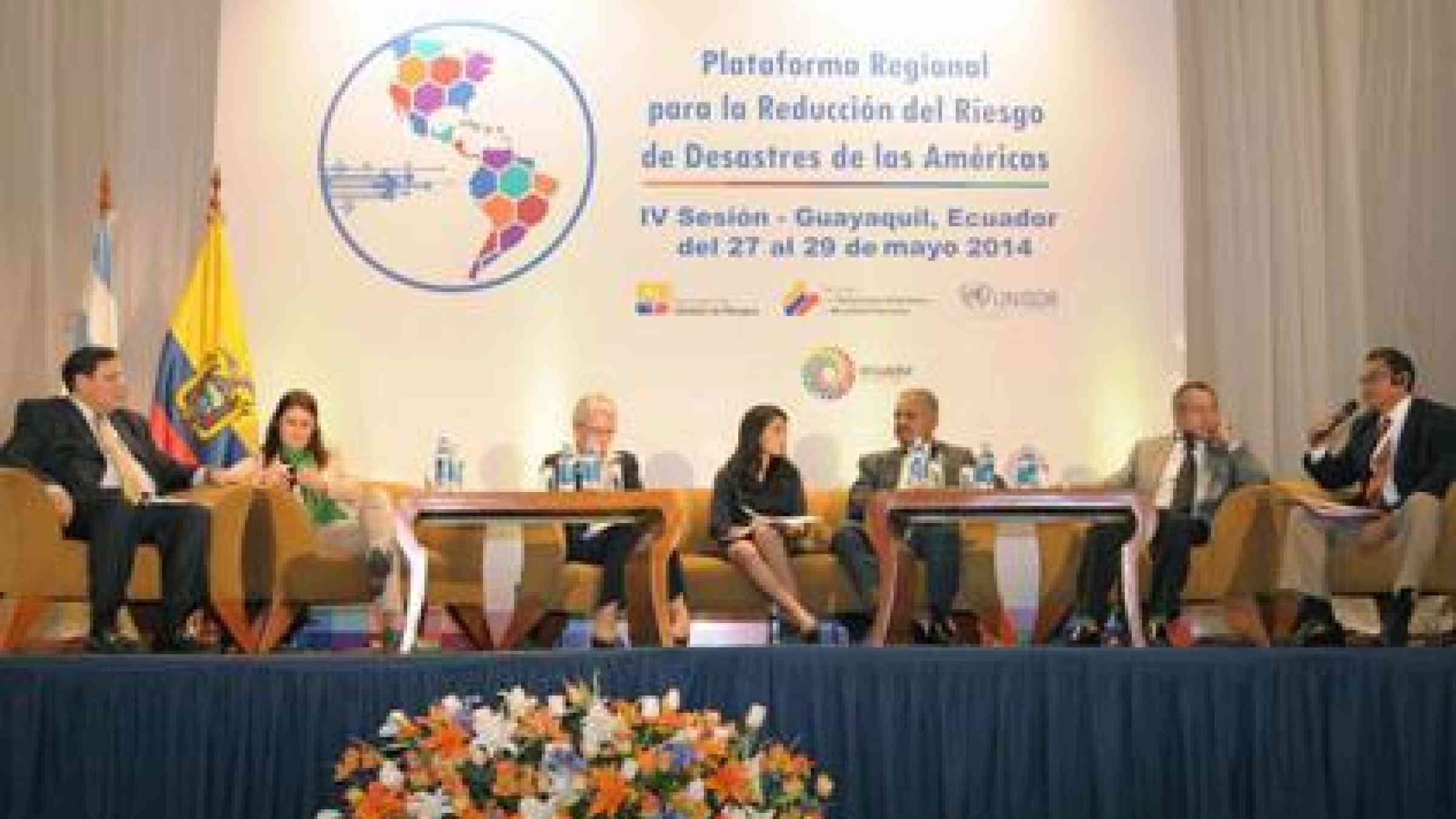UNDRR News
The latest news from the United Nations Office for Disaster Risk Reduction (UNDRR), the lead UN agency for the coordination of disaster risk reduction.
You might also find these helpful

Get timely updates in your inbox on training, events, news and knowledge sharing.

We produce a range of publications by collecting and analysing risk data through a range of tools, knowledge products, and mobilising like-minded partners.

Our communications and advocacy campaigns call for taking action today to protect people and prevent disasters from happening.
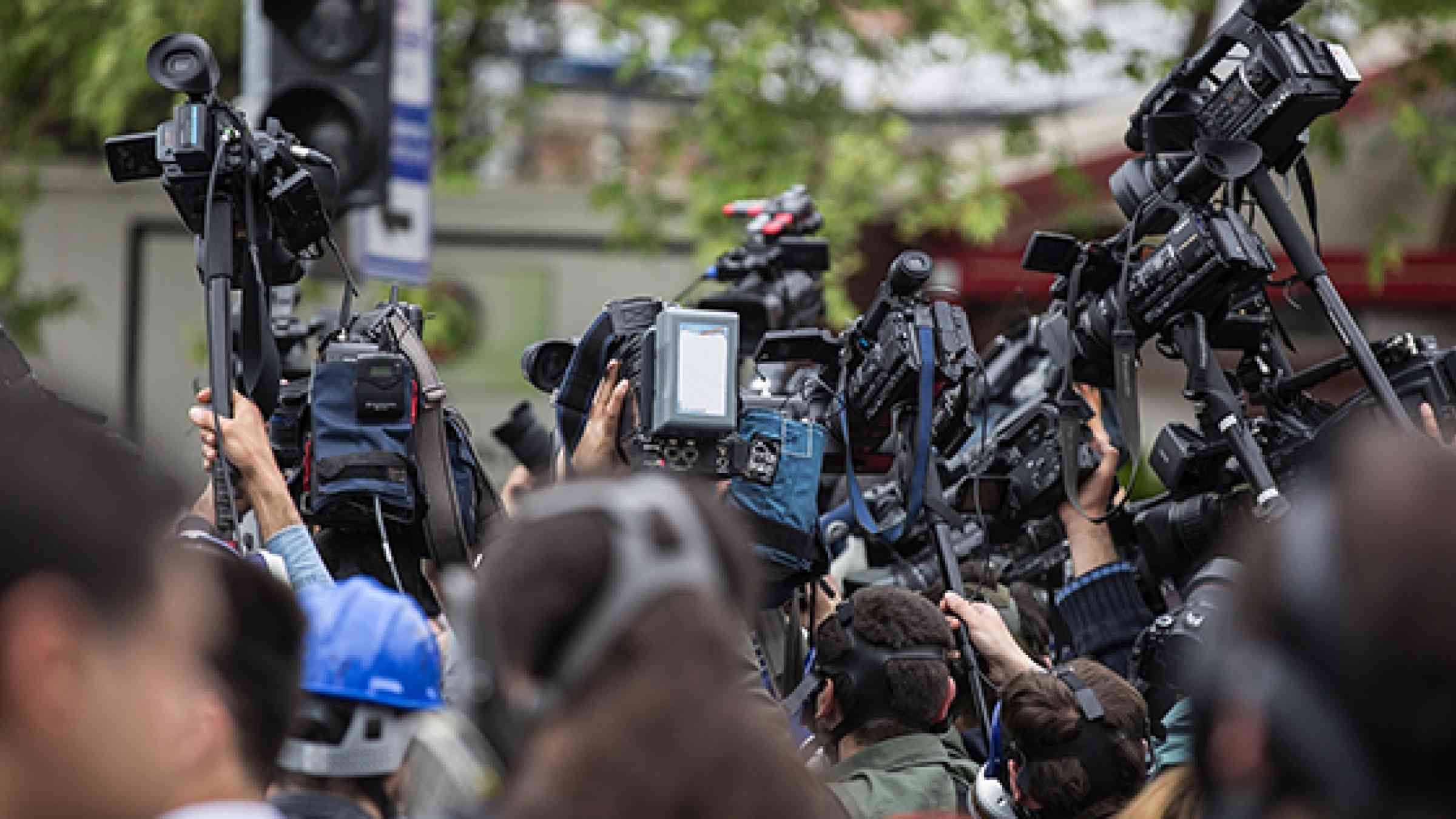
Access to a range of multimedia resources related to disaster risk reduction, including news releases, photos, videos, and other materials.
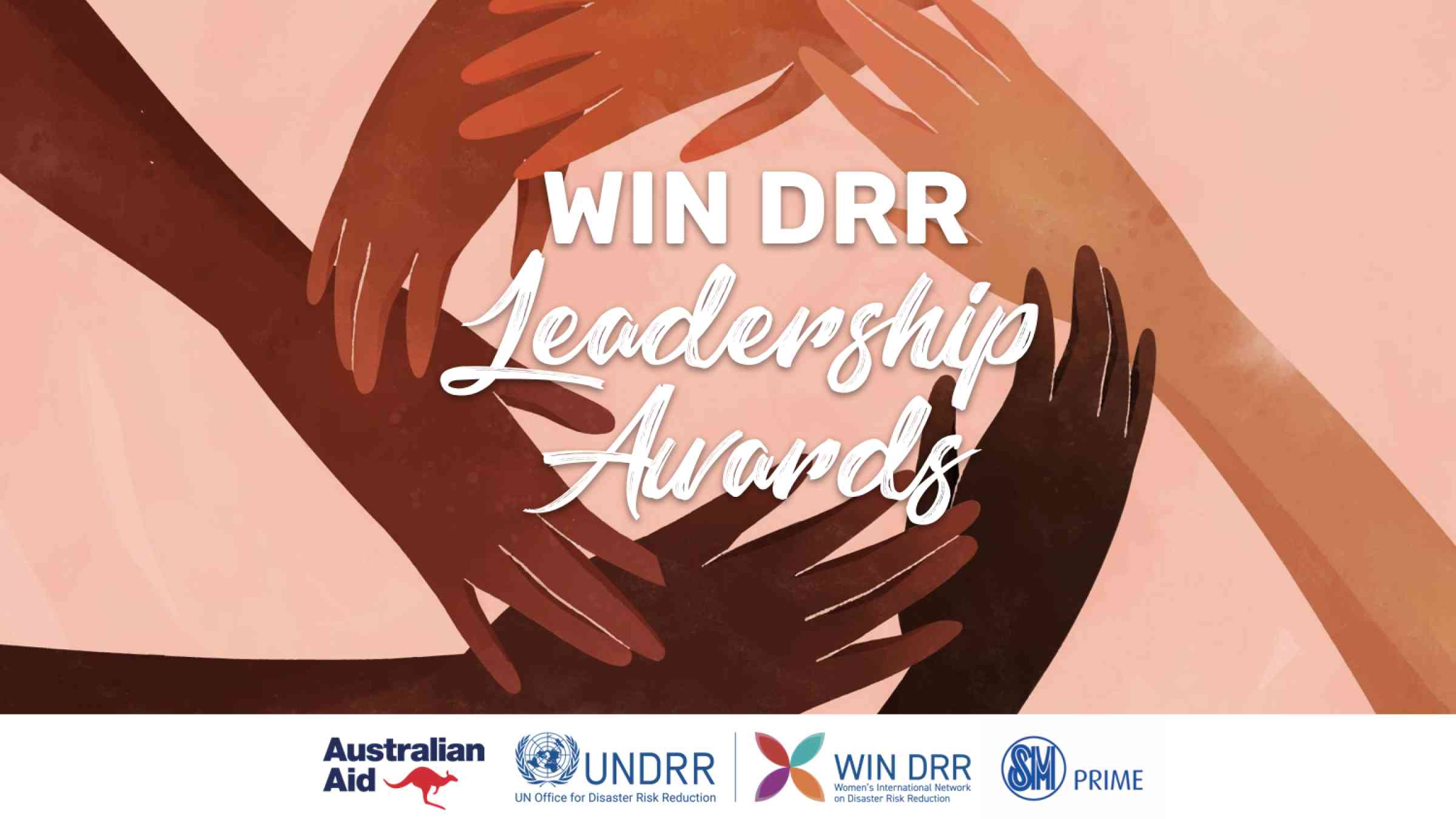
These awards not only celebrate exemplary contributions but also encourage efforts to build more resilient societies.


